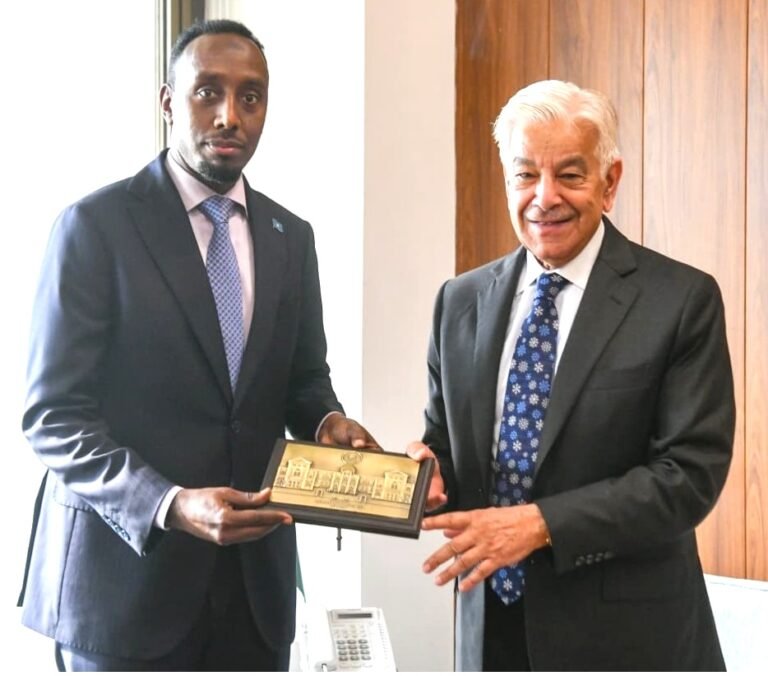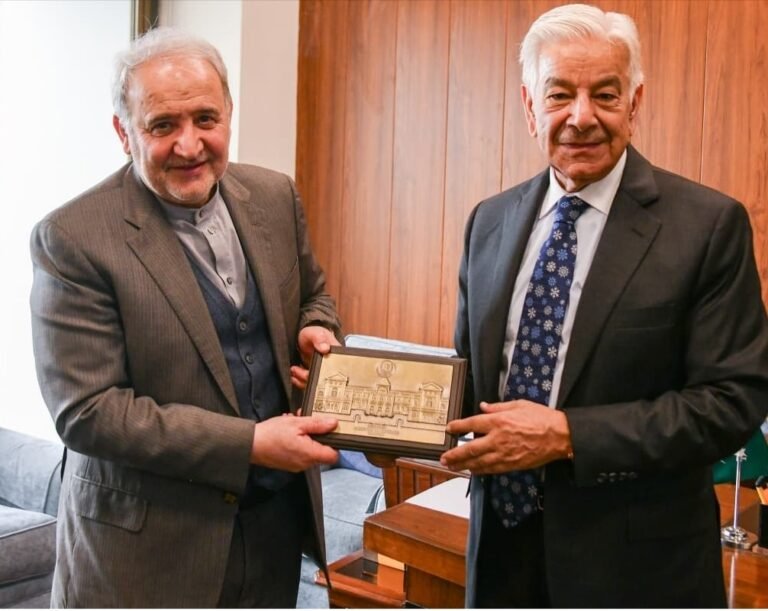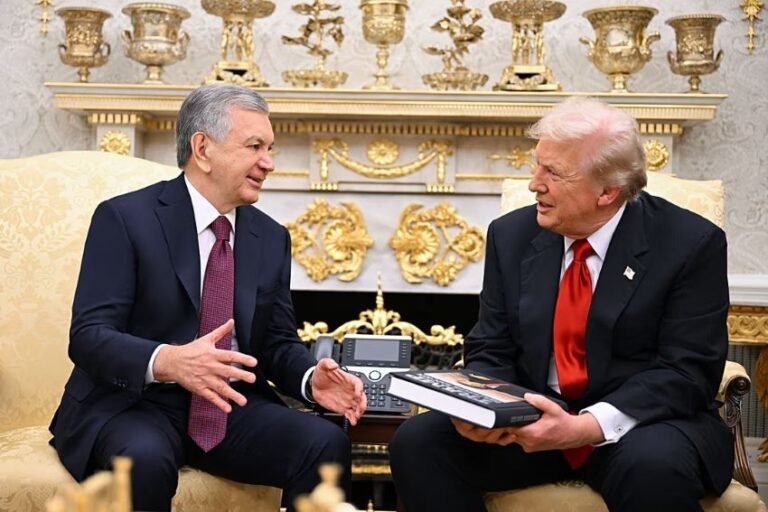To limit the spread of fake news on print, electronic and social media platforms, Punjab Assembly of Pakistan has passed Punjab Defamation Bill 2024. This controversial bill was presented by Mian Mujtaba Shuja Ur Rehman who is the Minister of Parliamentary Affairs, on May 13 and it was passed on May 20.
There were two defamation laws enforced in Punjab. The Defamation Ordinance of 2002 and the Defamation Act of 2012. The 2002 ordinance defines defamation, addresses libel and slander, permits lawsuits for damages, and outlines penalties and defenses. The 2012 statute gives Punjab a precise structure, including procedures, the possibility of special courts, and punishments and remedies that are comparable to those found in the 2002 ordinance. The 2024 bill targets individuals who spread fake news by providing a framework for filing defamation cases against them.
As stated in the bill, the government will offer legal assistance to women and transgender individuals in all defamation cases by the help of an official legal team. The high court will hear the cases if the allegations are against individuals holding “Constitutional Offices”
Concerns have been raised by the Opposition, about the new law, with calls for it to be returned to the committee for further review and additional consultation. Questions have also been raised regarding the government’s haste in presenting the bill, with requests for it to be brought back to the House for more thorough discussion and debate.
Shortly after its approval, the bill was challenged in the Lahore High Court on the petition by two journalists, noting it contravenes with the existing legal framework, it was passed quickly and it lacked proper consultation with journalists and media organizations.
Moreover, just a day after the Defamation Bill passed by the Punjab Assembly, around 80 civil society organizations recorded their protest against the legislation.
The journalist community rejected the bill as ‘non-democratic.’ Arshad Ansari, President of the Lahore Press Club, announced a protest by government members in the Punjab Assembly following a Joint Action Committee meeting on the Defamation Bill 2024. He also mentioned that the committee’s request to delay the protest and postpone the bill for a week was denied.
According to the Chairman of the Human Rights Commission of Pakistan (HRCP), the language of the bill is “troubling on several counts”. He notes that the bill proposes a parallel system for handling defamation claims. The HRCP has long criticized such special judicial structures, arguing that they often infringe on fundamental rights and undermine established norms for fair judicial processes.
On responding to the criticism, Punjab’s Information Minister, Azma Zahid Bokhari, in a press briefing, said that there is a comprehensive consensus over the need for a new and effective defamation law because the other two acts were put in practice a long time ago and that the government had no political motives in passing the bill and wanted to save people from character assassination due to false allegations.
However, the Act has raised significant concerns regarding freedom of expression and democracy in Pakistan. It permits defamation cases to be initiated without requiring proof of actual harm or damage. This provision creates an environment of uncertainty where individuals and entities could face lawsuits based solely on unsubstantiated allegations.
The definition of “defamation” in the Act broadly covers any false or untrue statement, whether oral, written, visual, or digital, that harms or potentially harms someone’s reputation, exposes them to ridicule, or leads to criticism. It includes statements made through traditional and modern communication channels, such as social media, and specifically addresses defamation targeting certain genders and minorities.
The broad definition of defamation under this Act poses a significant risk to dissent, criticism, and investigative journalism, which are essential components of a healthy democracy. The establishment of specialized courts with the authority to impose substantial fines, mandate public apologies, and remove content further heightens concerns about censorship and self-censorship within the media and among the public.
A Step in the Broader Effort to Restrict Media Freedom and Privacy
In the broader context of Pakistani media, this bill appears to be part of a deliberate effort to restrict press freedom and control the flow of information. Tensions between the government and the media have been high, with many journalists facing intimidation. Social media, a crucial platform for independent journalism and civic engagement, is increasingly under scrutiny.
The Punjab Defamation Bill, 2024, specifically targets social media platforms such as YouTube, TikTok, Twitter, Facebook, and Instagram. These platforms have played a critical role in amplifying voices that were suppressed by the government, especially during elections. For instance, they provided a vital platform for the Pakistan Tehreek-e-Insaf (PTI) party, which faced a ban on campaigning. The bill may be seen as an attempt to silence criticism and limit public access to diverse viewpoints.
Civil society organizations, reporters, and opposition leaders have argued that such legislation undermines democratic principles by suppressing debate and dissent.
In addition to that, the government has further extended its reach by authorizing the Inter-Services Intelligence (ISI) to intercept phone calls and messages, citing ‘interest of national security’. This new measure has heightened concerns about privacy, as it represents a significant encroachment on individuals’ digital rights. The expansion of surveillance powers is viewed as an additional step in increasing government oversight over private communications, raising serious questions about the balance between national security and personal privacy.
In conclusion, the Punjab Defamation Bill 2024 could have significant effects on Pakistan’s media and free speech. By broadening what counts as defamation and increasing government control, the bill may lead to more self-censorship among journalists and media organizations, who might avoid discussing sensitive issues to avoid legal trouble. This could weaken public debate and limit diverse opinions, which are crucial for a healthy democracy.
**The opinions in this article are the author’s own and may not represent the views of The Diplomatic Insight. The organization does not endorse or assume responsibility for the content.








